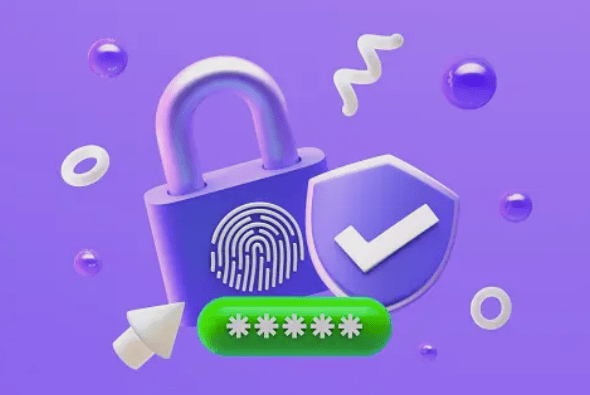
In today’s digital age, the world is grappling with some very serious issues. These include the perpetuation of the digital divide, cybersecurity threats, privacy concerns, and the insidious spread of misinformation. While fake news is nothing new, the world’s continued digital transformation has resulted in it becoming a ubiquitous fact of life. An NTU study even found that seven out of ten Singaporeans have shared fake news.
And if adults can fall for fake news, imagine just how much more vulnerable children are.
A recent UNICEF study shows that only around 2 percent of children have the critical thinking skills needed to identify fake news. This acute vulnerability is why children have to be guided in the basic principles of digital citizenship from an early age.
Despite how the term is often used, digital citizenship involves more than knowing your way around your social media accounts. It also involves exercising discernment, knowing one’s own biases, and proactively looking after the good of the wider community.
Parents concerned about the long-term effects of today’s post-truth paradigm should not just guide their children at home but they should also consider sending them to a high school with a proven track record for graduating independent thinkers, no matter if it’s an educational institution that offers American education in Singapore or a mainstream MOE school. Adults who interact with high-school-age children should also be prepared to develop a working knowledge of the concepts below, with the intent of developing young people into good digital citizens:
1) Media Literacy
Children must be taught to exercise a healthy amount of skepticism over things they read online. Help them develop an awareness of biased writing and conflicts of interest in the news stories they encounter. Also, encourage them to hear several sides of a story before forming an opinion.
2) Digital Footprints
Every action we do online leaves a trace that others could follow. Teaching children the consequences of going to unsafe sites may help them be more aware of their online activity and keep them safe from cybercriminals.
3) Screen Time and Mental Health
Excessive screen time has been linked to poor mental health in several studies. By setting a practical limit on children’s internet usage, you will be helping them become better-grounded, mentally healthy individuals. This not only ultimately aids their holistic long-term development but should also help them develop a better understanding of the information they encounter online.
4) Personal and Cultural Biases
Teaching children to examine how their upbringing and culture sets their own ways of thinking lets them understand if they are fair to others. With this improved self-understanding, they may eventually develop a better appreciation for other viewpoints and become more open and tolerant as a result. This ultimately sets the stage for them to become conscientious and humble individuals, both online and offline.
5) The Power of Words
It’s important to teach children to be very careful about what they say online, as irresponsible speech may not only negatively affect others but also have serious consequences for themselves. This is especially relevant in Singapore, given the country’s extensive laws on fake news and hate speech.
6) Responsible Content Creation
Just because the content one shares isn’t false or immediately harmful, it does not necessarily mean that it’s appropriate to be shared. Thorough digital citizenship involves following copyright laws, refraining from plagiarism, and understanding the responsibility that comes with creating and sharing content on the internet.
7) Preventing Cyberbullying
Parents and teachers should recognize that most children are probably more prone to becoming cyberbullies than they are to be cyberbullying victims. Young people often lack discernment and a sense of identity, making them especially likely to join online mobs that cause harm to innocent individuals. By providing close guidance, you can ensure that children do not unwittingly contribute to the negativity of the online world.
8) Critical Thinking
The internet is filled with vast amounts of information, varied perspectives, and limitless pitfalls. Navigating it without an idea of how online information is created, filtered, and understood by others puts one at a severe disadvantage and increases the odds that one will use the internet irresponsibly. Understanding how to balance skepticism and open-mindedness and setting a good example for children should help set them on the path toward responsible digital citizenship.
9) Empathy
Lastly, children need to be taught to have empathy, especially when dealing with others online. Teaching children to understand others online will help them develop a sense of compassion, hopefully making them kinder, more considerate digital citizens.
In today’s post-truth world, understanding the responsible use of technology is more important than it’s ever been for adults, as well as children. Even now, advertisers, politicians, cybercriminals, and governments routinely take advantage of people’s biases to push them to do things that are not beneficial or even ethical.
But as imperfect as we are, as adults, we have a significant role to play in guiding the next generation toward becoming responsible digital citizens. By embracing this role, we can do our part to create a digital community that champions truth, empathy, and respect online behaviors.



